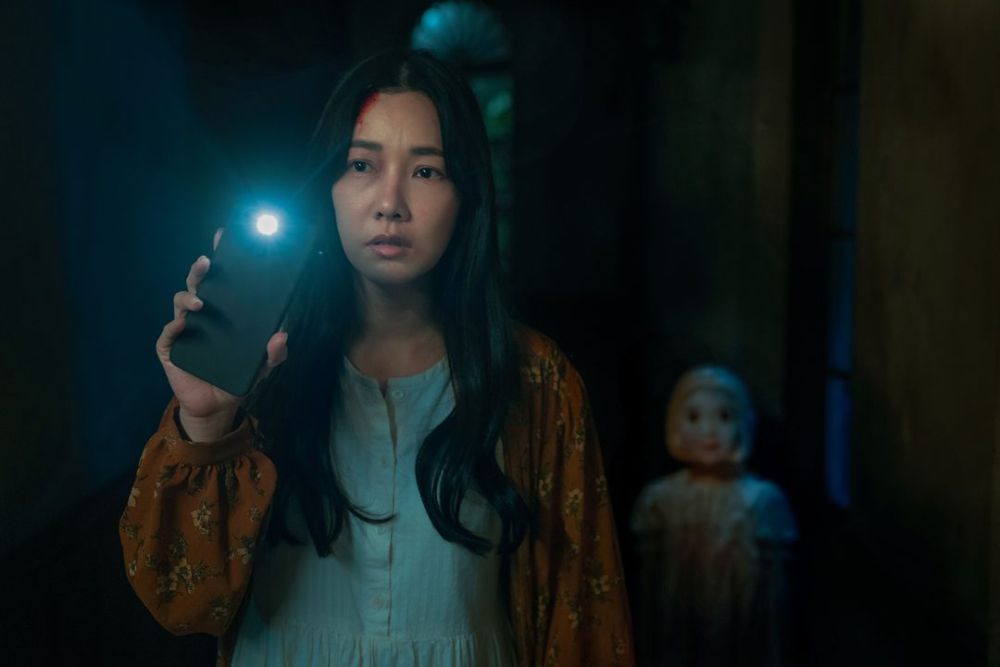In 2024, Thai television broke new ground with Don’t Come Home, a gripping six-episode supernatural thriller that blends horror, mystery, and time-loop science fiction into one emotionally charged narrative. Visually haunting and psychologically layered, this Netflix miniseries offers a chilling exploration of trauma, family secrets, and the fragility of time.
Plot Overview
The story follows Varee, a woman fleeing an abusive relationship, who returns with her young daughter Min to her childhood home—the eerie, isolated Jarukanant estate. What begins as a quiet attempt at refuge quickly spirals into a psychological nightmare. As strange occurrences unfold—lights flicker, whispers echo, shadows move—Min vanishes without a trace during a violent storm.
Leading the investigation is Fah, a determined and heavily pregnant detective. But as the search deepens, it becomes clear this is no ordinary missing child case. Time itself appears fractured, looping back in on events, memories, and decisions that defy logic. The mystery stretches across timelines and identities, weaving the past and present into an inescapable trap.

Atmosphere and Direction
From its opening frame, Don’t Come Home draws viewers into a world heavy with dread. The house—almost a character itself—is shrouded in mist and silence. Through dim, natural lighting and minimalistic sound design, the series builds a tense, meditative rhythm that slowly tightens with each episode.
Rather than relying on jump scares, the horror here is psychological. The fear comes from the unseen: the creeping inevitability of fate, the isolation of grief, and the haunting idea that time cannot be escaped—only repeated.
Themes and Structure
Don’t Come Home is more than just a ghost story. It is a layered psychological drama that questions memory, trauma, and the cyclical nature of time. The time-loop mechanism is used not for spectacle but for emotional revelation, unraveling the characters’ connections across parallel lives and choices.
Motherhood lies at the heart of the narrative—both its joys and burdens. The series asks difficult questions: What happens when protection turns into imprisonment? Can love break the rules of time? Or is tragedy doomed to repeat itself?
Conclusion
Dark, deliberate, and deeply unsettling, Don’t Come Home stands out in the crowded horror genre by refusing to rush its revelations. With cinematic visuals, powerful performances, and a mind-bending plot that challenges perception, it offers a unique and rewarding viewing experience.
This is a show for those who appreciate storytelling that is both emotionally resonant and intellectually provocative. Quietly terrifying and thematically rich, Don’t Come Home proves that some ghosts aren’t from the past—they’re from the choices we make again and again.
